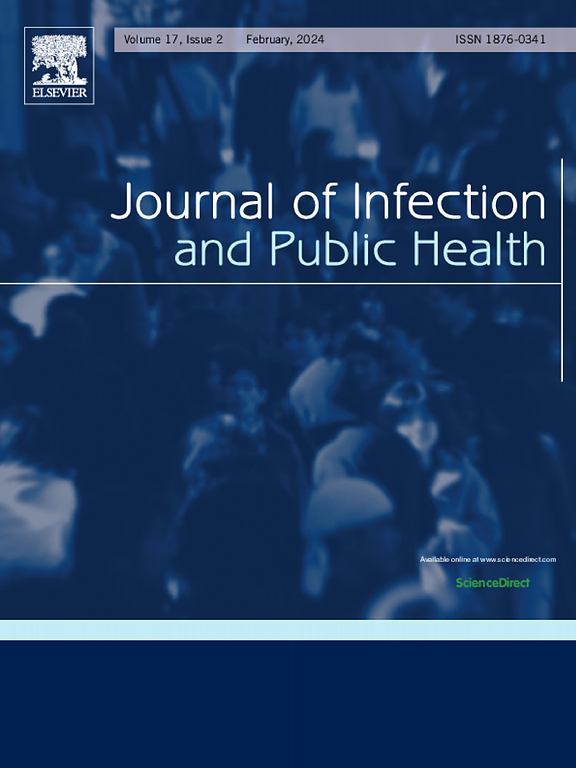The deadly drink: Nipah virus transmission through date palm sap, cultural practices and the evolution of behavioral interventions in Bangladesh over two decades
IF 4
3区 医学
Q1 INFECTIOUS DISEASES
引用次数: 0
Abstract
Nipah virus (NiV) has emerged as a significant public health threat, with recurring outbreaks in Bangladesh often linked to the consumption of raw date palm sap contaminated by fruit bats (Pteropus species). Over the past two decades, substantial efforts have been made to understand the cultural context of sap consumption, promoting behavior change and developing interventions to prevent NiV spillover. Despite these efforts, achieving sustainable change in sap consumption practices remains challenging due to deep-seated cultural practices, community perceptions of sap consumption, habitual behaviors, limited awareness of health risks and economic barriers. To prevent sap-borne transmission, future efforts should focus on affordable, community-led solutions while protecting local livelihoods. Promoting behavior change through trusted community education and safe harvesting practices must be supported by involving local health workers and community members in planning and evaluation. Long-term preparedness also requires investment in diagnostics, treatments and vaccines through inclusive, collaborative intersectoral research and one health approach.
致命的饮料:尼帕病毒通过枣椰树汁、文化习俗和孟加拉国20多年来行为干预措施的演变传播
尼帕病毒已成为一项重大公共卫生威胁,在孟加拉国反复暴发的疫情往往与食用被果蝠(狐蝠属)污染的生椰枣树汁有关。在过去的二十年里,已经做出了大量的努力来了解果汁消费的文化背景,促进行为改变,并制定干预措施来防止NiV溢出。尽管做出了这些努力,但由于根深蒂固的文化习俗、社区对树液消费的看法、习惯性行为、对健康风险的认识有限和经济障碍,实现树液消费方式的可持续变革仍然具有挑战性。为了防止汁液传播,未来的努力应侧重于可负担得起的、社区主导的解决方案,同时保护当地生计。通过可信的社区教育和安全采收做法促进行为改变,必须得到让当地卫生工作者和社区成员参与规划和评价的支持。长期防范还需要通过包容性、合作性部门间研究和统一卫生方针,对诊断、治疗和疫苗进行投资。
本文章由计算机程序翻译,如有差异,请以英文原文为准。
求助全文
约1分钟内获得全文
求助全文
来源期刊

Journal of Infection and Public Health
PUBLIC, ENVIRONMENTAL & OCCUPATIONAL HEALTH -INFECTIOUS DISEASES
CiteScore
13.10
自引率
1.50%
发文量
203
审稿时长
96 days
期刊介绍:
The Journal of Infection and Public Health, first official journal of the Saudi Arabian Ministry of National Guard Health Affairs, King Saud Bin Abdulaziz University for Health Sciences and the Saudi Association for Public Health, aims to be the foremost scientific, peer-reviewed journal encompassing infection prevention and control, microbiology, infectious diseases, public health and the application of healthcare epidemiology to the evaluation of health outcomes. The point of view of the journal is that infection and public health are closely intertwined and that advances in one area will have positive consequences on the other.
The journal will be useful to all health professionals who are partners in the management of patients with communicable diseases, keeping them up to date. The journal is proud to have an international and diverse editorial board that will assist and facilitate the publication of articles that reflect a global view on infection control and public health, as well as emphasizing our focus on supporting the needs of public health practitioners.
It is our aim to improve healthcare by reducing risk of infection and related adverse outcomes by critical review, selection, and dissemination of new and relevant information in the field of infection control, public health and infectious diseases in all healthcare settings and the community.
 求助内容:
求助内容: 应助结果提醒方式:
应助结果提醒方式:


